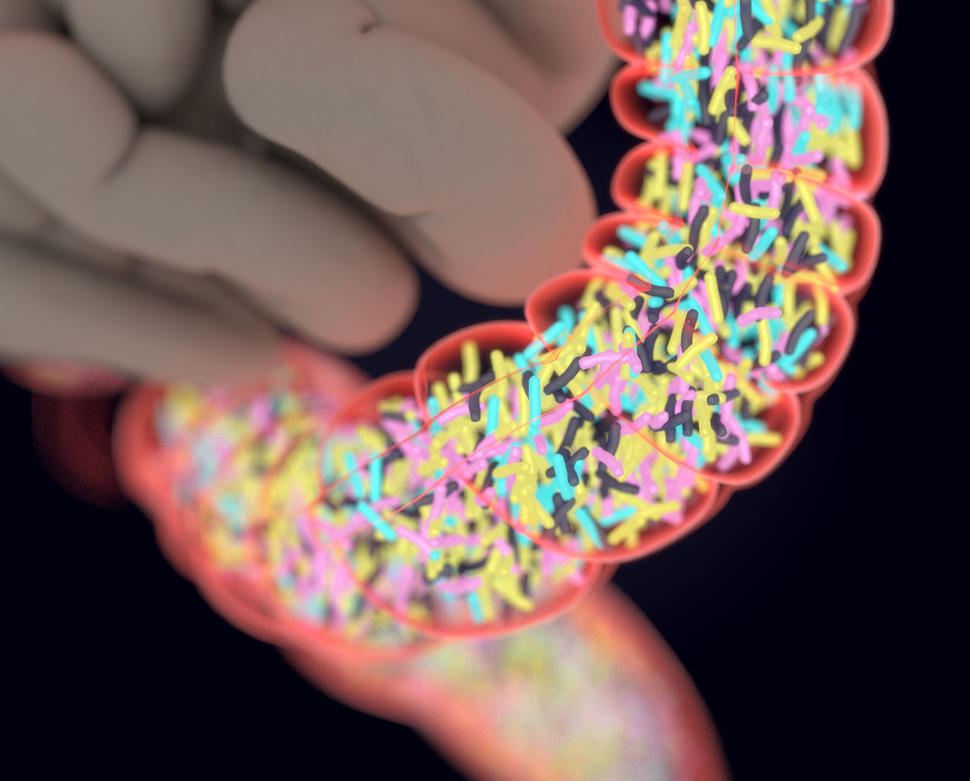CANCER DIGEST – Feb. 20, 2021 – People with advanced liver cancer survived six months longer with a new immunotherapy drug given in combination a current treatment compared to those treated with the standard treatment, new data presented at the Digital Liver Cancer Summit Feb. 6 shows.
"These are highly significant findings for the treatment of patients with HCC (hepatocellular carcinoma)," Richard Finn MD of Jonsson Comprehensive Cancer Center UCLA, and lead author of the study said in a press release. "Many thousands of patients worldwide could benefit from this treatment and it can be considered a major breakthrough - the first improvement in treatment for these types of cases in 13 years and a treatment long awaited by doctors."
Saturday, February 20, 2021
Saturday, February 13, 2021
New drug to treat pancreatic cancer set for clinical trials
 |
| Zhi-Ren Liu, Professor Biology |
The drug called ProAgio was developed by Georgia State University biology professor Zhi-Ren Lui and his team. The results of the mouse studies were published Jan. 1, 2021 in the journal Cellular and Molecular Gastroenterology and Hepatology.
Saturday, February 6, 2021
Fecal transplants boost response to immunotherapy in melanoma patients
 |
Introducing certain fecal microorganisms into a patient’s colon may help the patient respond to immunotherapy drugs. Credit: iStock |
The researchers led by Giorgio Trinchieri, M.D. chief of the Laboratory of Integrative Cancer Immunology at the National Cancer Institute’s Center for Cancer Research conducted the study in 15 patients at the University of of Pittsburgh Hillman Cancer Center. The study appears in the Feb. 5, 2021 Science.
Subscribe to:
Posts (Atom)


